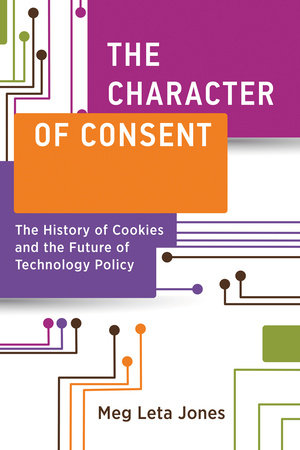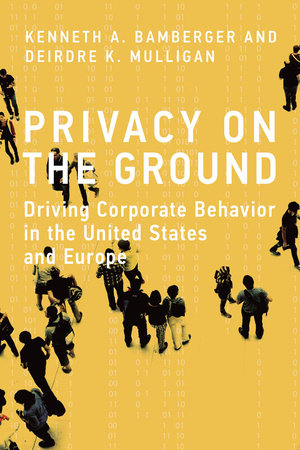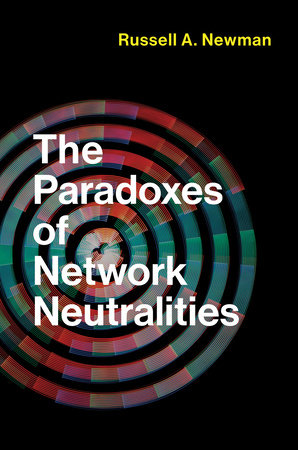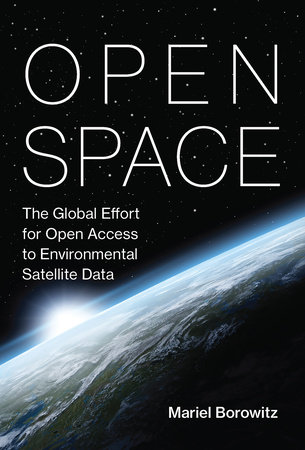
Content Confusion
News Media, Native Advertising, and Policy in an Era of Disinformation
Michelle A. Amazeen; foreword by Mara Einstein
Ebook
November 18, 2025 | ISBN 9780262385114
AmazonApple BooksBarnes & NobleBooks A MillionGoogle Play StoreKobo
Paperback
November 18, 2025 | ISBN 9780262553605
AmazonBarnes & NobleBooks A MillionBookshop.orgHudson BooksellersPowell'sTargetWalmart
About the Book
We often blame social media for the rampant problem of disinformation, but the truth is that mainstream news media is often equally at fault. Not only do news outlets disguise paid content to look like online news articles, a practice called “native advertising,” but new research suggests that this form of advertising even influences the real journalism that appears next to it—both perceptions of the journalism as well as its actual substance. In Content Confusion, Michelle Amazeen explores the origins and evolution of this mainstream media practice, how it affects audiences and the industry, and what the implications are for an accurately informed democracy.
For policy makers, in particular, the book highlights the longstanding principles from governmental regulation as well as industry professional codes that serve to support clear identification of the provenance of content, an issue that will no doubt intensify with the release of generative artificial intelligence in the wild.












